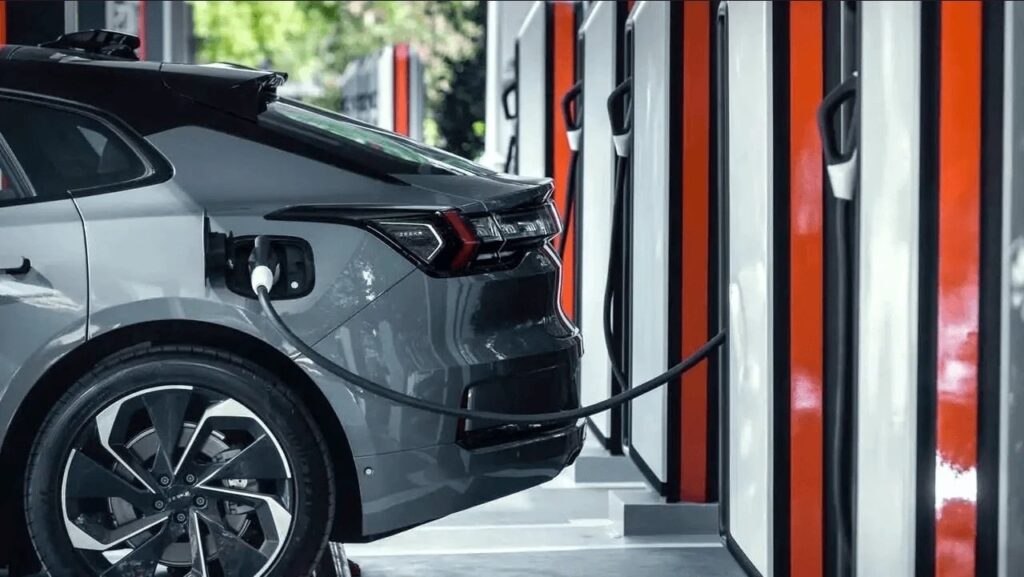As electric vehicles (EVs) continue to grow in popularity, many owners are discovering the benefits of having their own home EV chargers. These chargers offer the convenience of charging at home, but it’s essential to ensure that you’re using your EV charger efficiently to save both time and money. In this guide, we will explore practical tips for optimizing your EV charging routine.
1. Choose the Right EV Charger
The first step to efficient charging is choosing the right EV charger for your vehicle and home setup. There are different levels of EV chargers, including Level 1, Level 2, and DC fast chargers. Level 1 chargers are the slowest, typically using a standard household outlet, while Level 2 chargers offer faster charging speeds and require professional installation. If you want to maximize charging efficiency, a Level 2 charger is often the best choice for most EV owners. However, it’s crucial to consult an ev charger electrician to ensure that your home’s electrical system can support the installation of a Level 2 charger. They can assess your home’s capacity and make any necessary upgrades to ensure safety and efficiency.
2. Optimize Charging Times
Charging your EV at the right times can make a significant difference in both cost and efficiency. Many electric utility companies offer off-peak rates during certain hours of the day, typically during the night. By taking advantage of these lower rates, you can significantly reduce the cost of charging your vehicle. If your EV charger has a built-in timer or scheduling feature, use it to ensure that your car charges during off-peak hours. This not only helps you save money, but charging during these times can also help reduce strain on the local power grid, benefiting the environment.
3. Maintain Your EV Charger Regularly
Just like any other appliance or electrical system in your home, your EV charger requires regular maintenance to function at its best. Over time, dust, dirt, and debris can accumulate in and around the charger, potentially impacting its efficiency. It’s important to clean your EV charger regularly and ensure that the cables are in good condition. Additionally, if you notice any issues, such as the charger not working as quickly as usual or displaying error messages, it’s a good idea to contact an ev charger electrician for professional assistance. They can troubleshoot the problem and fix any underlying issues to ensure your charger is operating at maximum efficiency.
4. Use the Right Charging Settings
Many modern EV chargers offer different settings that allow you to adjust the charging speed and other factors to optimize your vehicle’s battery health and energy efficiency. For example, some chargers allow you to set the charging rate to match your needs. If you’re not in a hurry, you can set the charger to a slower rate, which can reduce wear on your vehicle’s battery over time. It’s also essential to monitor the state of your EV’s battery. Charging to 100% every time may not always be necessary. In fact, many experts recommend charging your EV to around 80% for optimal battery health. If you don’t need a full charge, this simple adjustment can help prolong the lifespan of your battery and reduce unnecessary energy use.
Conclusion
Using your EV charger efficiently is essential for both your wallet and the environment. By selecting the right charger, optimizing charging times, maintaining the system, and ensuring proper installation, you can ensure that your EV charging routine remains both cost-effective and environmentally friendly. Always consult an ev charger electrician when necessary to keep your system running smoothly and efficiently. By following these simple tips, you’ll be able to get the most out of your home EV charger.
Источник – brentwoodelectricalexpert.com




